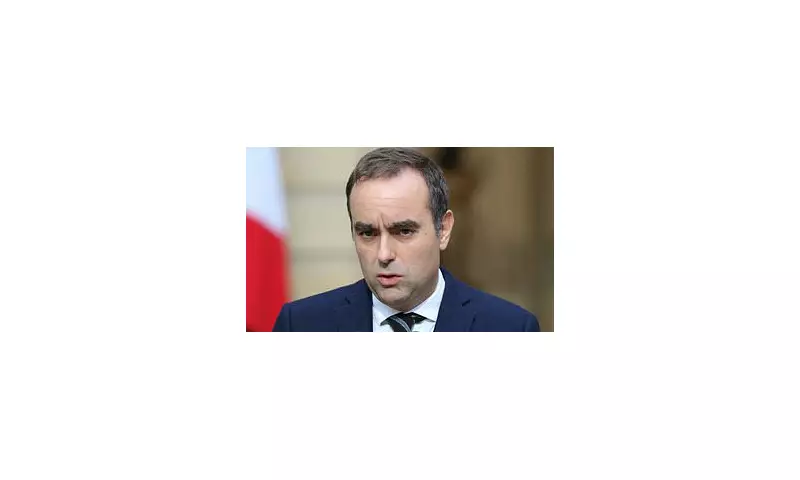
In a move that has sent shockwaves through French political circles, President Emmanuel Macron has performed a dramatic U-turn by reappointing Gabriel Attal as Prime Minister merely four days after accepting his resignation.
The Political Rollercoaster
The extraordinary sequence of events began when Attal tendered his resignation following recent political developments, only to be asked to remain in his role temporarily. Now, in what observers are calling a "political resurrection," Macron has formally reinstated the 35-year-old prime minister to lead the government.
Questions of Stability
This unprecedented reversal raises serious questions about the stability of Macron's administration and his decision-making process. Political analysts are scrambling to understand the rationale behind such a rapid change of heart, with many speculating about behind-the-scenes negotiations and power struggles within the French government.
The timing couldn't be more delicate, coming amid significant challenges facing France, including economic pressures and international diplomatic concerns. The sudden resignation and immediate reappointment have left both allies and opponents questioning the coherence of Macron's political strategy.
Public Reaction and Political Fallout
French citizens and political commentators have expressed bewilderment at the development, with social media buzzing with speculation about the real reasons behind this political theatre. Opposition parties have seized upon the situation, accusing Macron of indecisiveness and poor leadership.
As Attal resumes his duties, all eyes will be on how this unusual situation affects government functionality and whether it signals deeper troubles within Macron's administration that could have implications for France's position in European politics.





